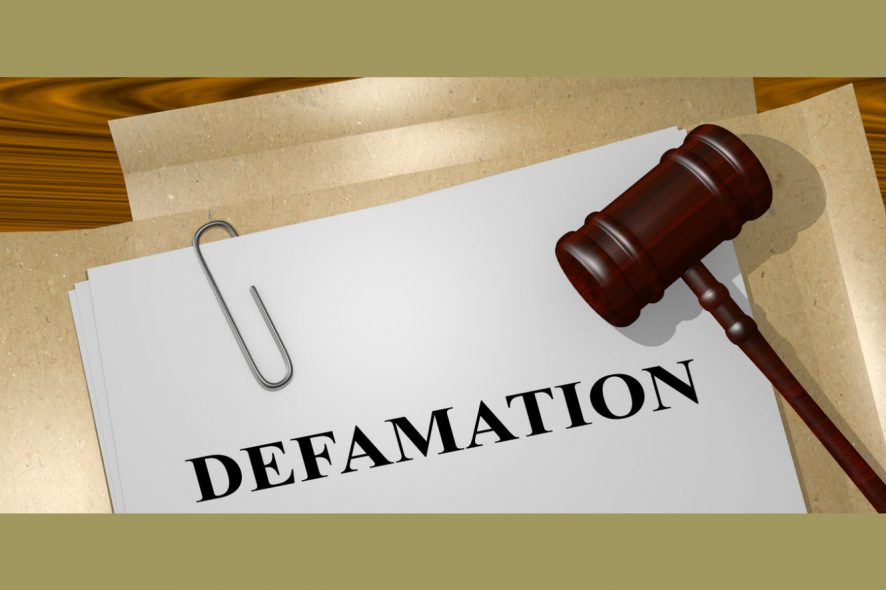Kenya High Court at Nairobi: The High Court has struck down the provisions of Criminal Defamation in its Penal Code. The Court observed that such a provision as a threat to Freedom of Speech and Expression saying that this right in a spirited democracy is a highly treasured value and it is a prized asset to the individuality and overall progress of a thinking society for it allows arguments and dissent.
The Judge noticed that the consequences of criminal defamation could be quite harmful and undesirable like possibilities of arrest, detention and two years imprisonment as provided by the Penal Code were quite unjustifiable in a democratic society. The judge said that the present law was a disproportionate instrument to combat the mischief of defamation and emphasised upon adopting an alternate and proportionate civil remedy.
There are certain reasonable restrictions to freedom of speech and expression under Article 24 of the Constitution of Kenya. While discussing the restrictions that can be put on freedom of speech, the Court relied on Ahmedabad Pvt. Primary Teachers’ Assn. v. Administrative Officer, (1988) 4 SCC 42 wherein it was observed that the maxim noscitur a sociis is a legitimate rule of construction to construe the words in an Act of Parliament with reference and in the same context held that the limitations in Article 24 ought to be read together and the limitations should not be construed as limiting the right or fundamental freedom unless the provision is clear and specific about the right or freedom to be limited.
Counsel for the respondent submitted that the section in question is constitutional in a democratic society to prevent individuals with ill motives from interfering with the rights of other persons and prayed for the petition to be dismissed. Counsel for the first respondent adopted the submissions of the second respondent.
The Court also relied on the African Court on Human and Peoples Rights decision in Konate v. Burkina Faso, 2015 SCC OnLine Ken 2823 where it was held that criminal defamation laws should only be used as a last resort when there is a serious threat to the enjoyment of other human rights in exceptional circumstances such as hate speech and incitement. It observed that criminal defamation was overly broad in its scope and its application has turned it into a powerful mechanism to stifle investigative journalism and silence criticism.
The Court studied the scope of restrictions in Article 24 on the right conferred by Article 33 (Freedom of Speech and Expression) and came to the conclusion that the restrictions in the former are to safeguard the interests of the State and not an individual and therefore, Article 24 couldn’t be termed as the source of validating the impugned section.
The Court further explained the difference between civil and criminal law and quoted reasons as to why defamation was a civil wrong or a tort and not a criminal act. It elucidated that Civil law exists to provide relief and restitution when one person harms or threatens to harm another’s private interest while Criminal law exists to ensure retribution and protection of public by detaining offenders and deterring others from offending. For something like damaging speech, the civil law would be effective as well as proportionate enough in bringing the person harmed to justice, the High Court at Kenya observed. [Jacqueline Okuta v. Attorney General, 2017 SCC OnLine Ken 1, decided on 6-2-2017]






